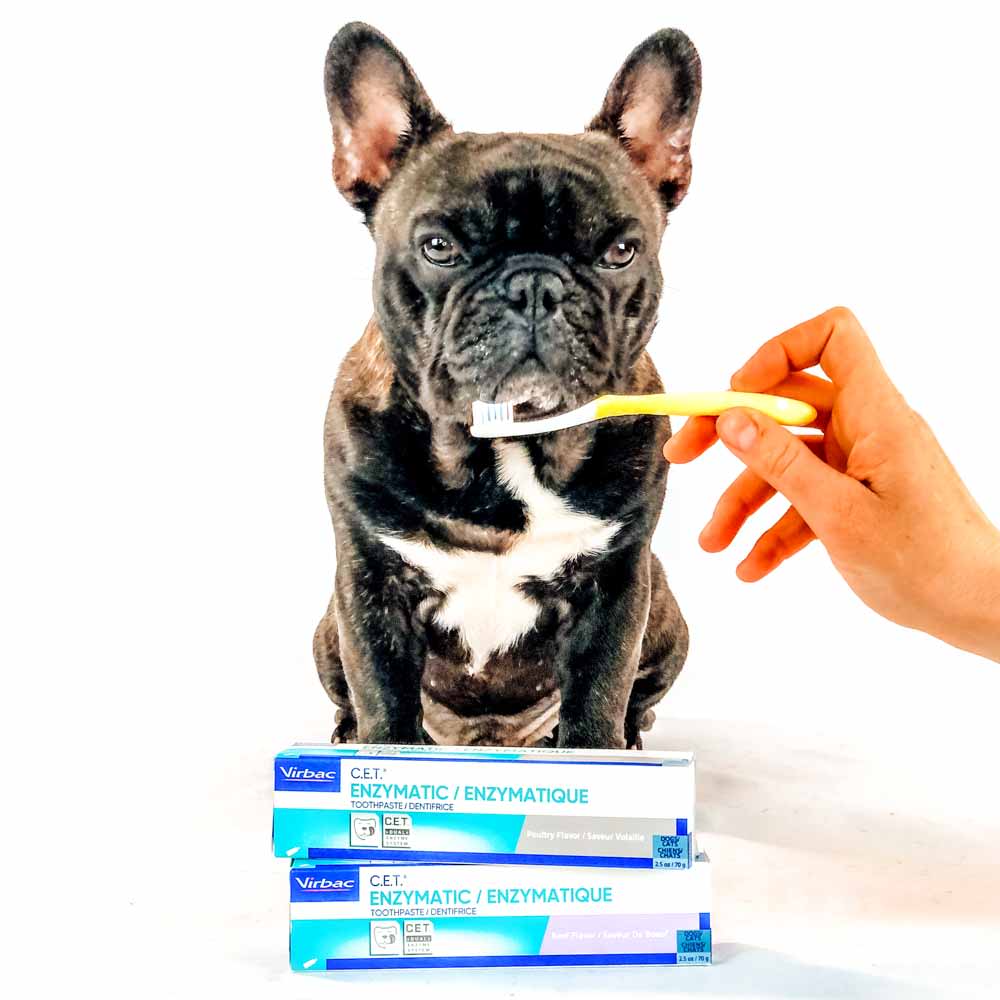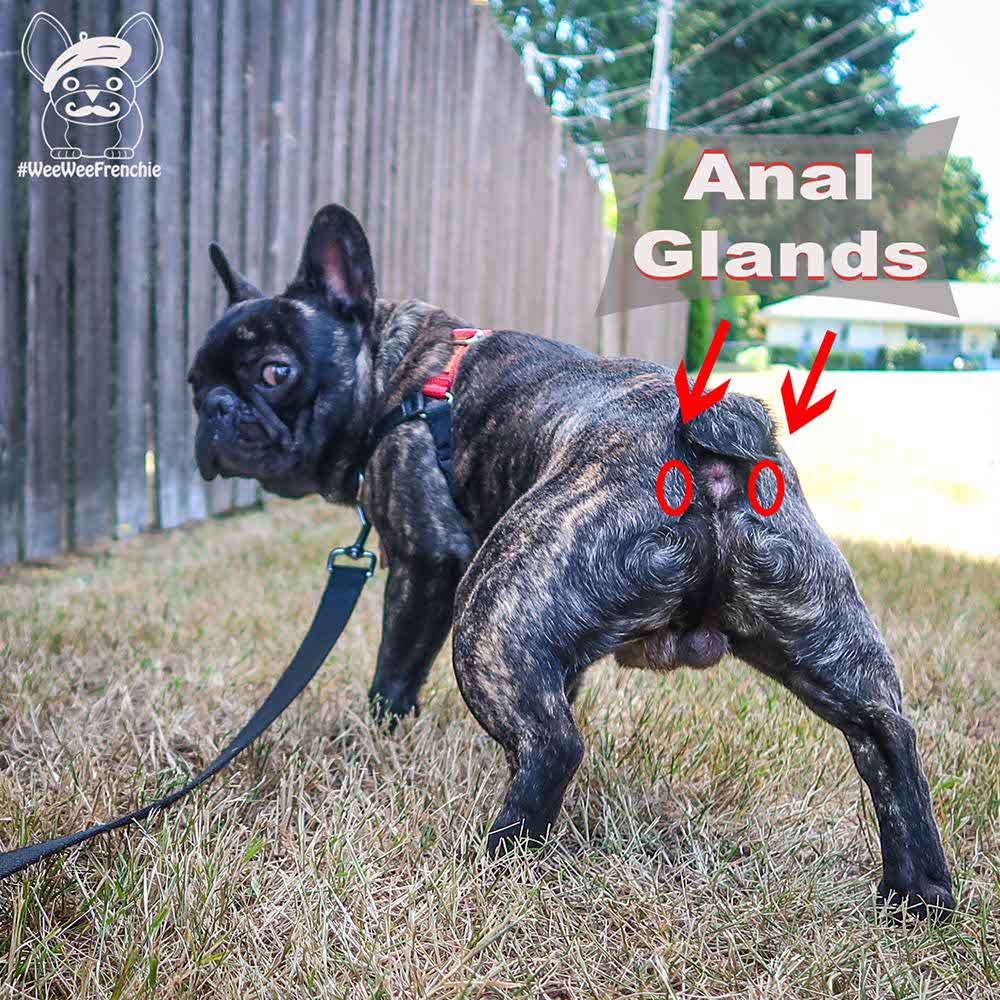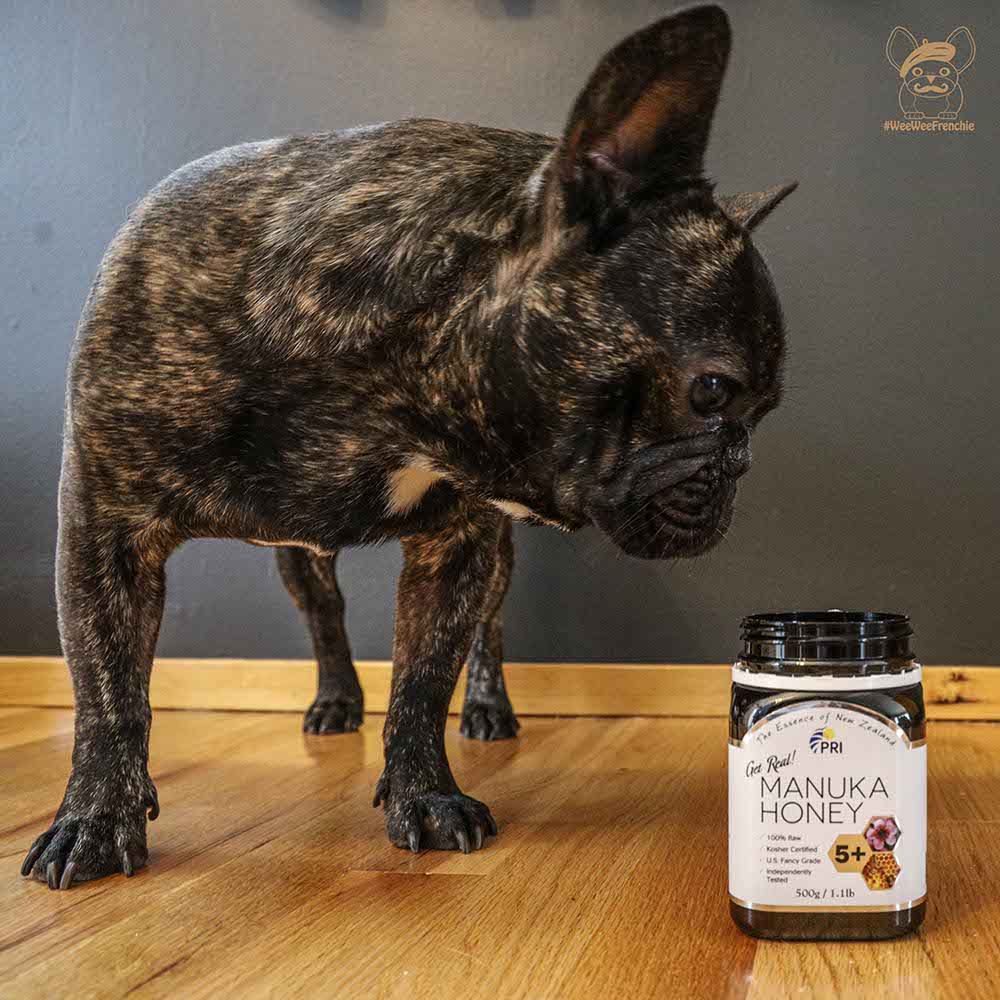Why Is Goat's Milk Good for Your Dog?
Choosing food for your cat or dog can be difficult. Food sensitivities or allergies can make several ingredients prohibitive in your animal’s diet. You want what is best for your pet while also providing the right amount of nutrients and vitamins.
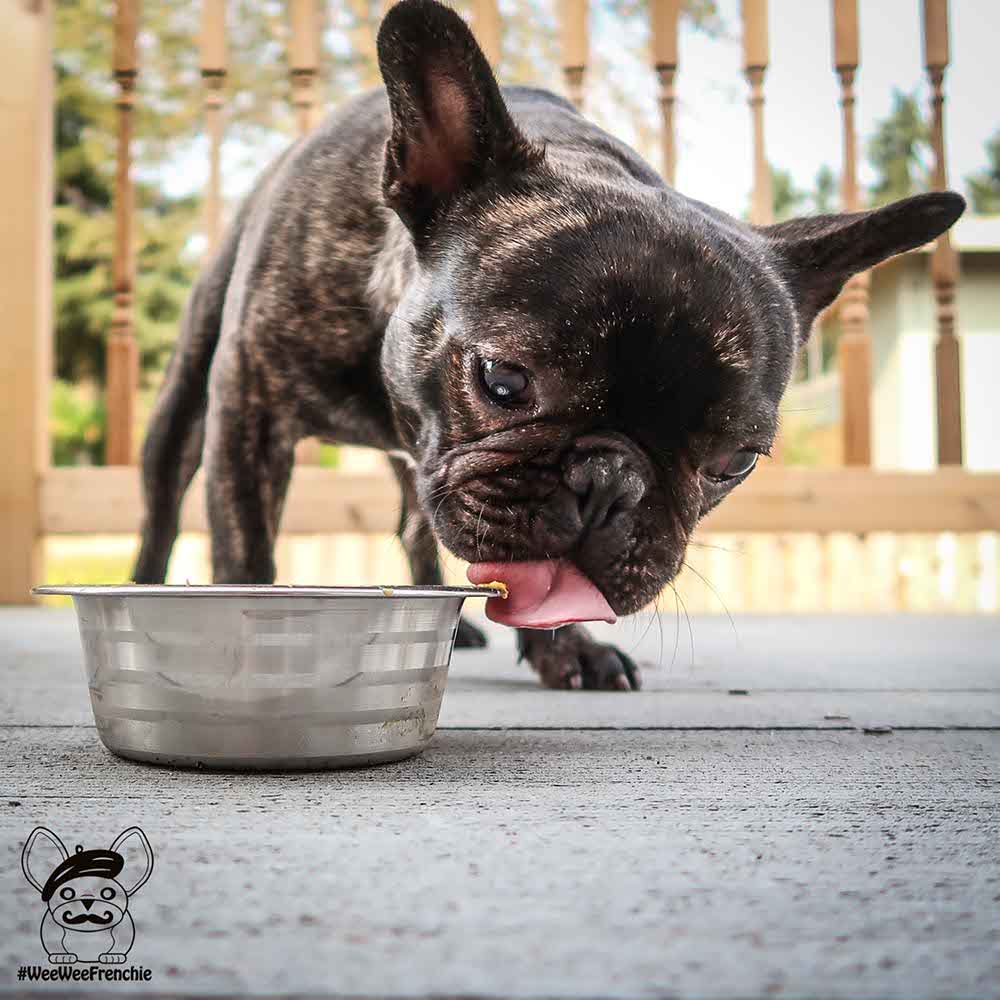
Choosing food for your cat or dog can be difficult. Food sensitivities or allergies can make several ingredients prohibitive in your animal’s diet. You want what is best for your pet while also providing the right amount of nutrients and vitamins. If your pet has difficulty with finding a food that agrees with them, goat’s milk could be the key ingredient that is needed.

With so many food options for your pet, it can be overwhelming to choose. Goat’s milk has been on the rise as I have seen it more and more in my favorite pet stores. What is so unique about goat’s milk, and will it “do the body good” for my pet?
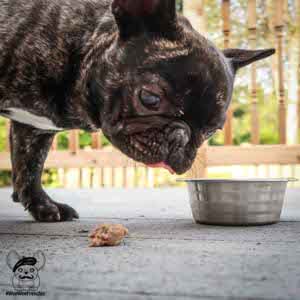
Goat’s milk has been deemed one of the most complete nutritional sources being full of nutrients, vitamins, electrolytes, digestive enzymes, and fatty acids. Due to the fat molecules in raw goat’s milk being naturally smaller, in comparison to raw cow’s milk, it is easily digestible.
If your dog has a sensitive stomach and is having issues with regurgitation, gas, or loose stools, a trial of goat’s milk may be just what the vet ordered. Due to goat’s milk being full of probiotics and digestive enzymes, it can help to replenish the good bacteria in your dog’s digestive tract while being digestible within 20 minutes.
For dog’s who have been dealing with food allergies, the immune system is triggered causing inflammation and mucus in the gastrointestinal tract. This can increase the need for steroid and antibiotic prescriptions in order to help decrease the immune response and reset the digestive tract. For pet owners who have dealt with food allergies in their pet, you may hear the phlegm build-up in your pet’s throat every time they cough. Goat’s milk has anti-mucus and anti-inflammatory properties, making it a great supplement for pets that suffer both food and environmental allergies.
Yeast infections can be curtailed with the addition of goat’s milk due to its’ high level of caprylic acid, a natural yeast destroyer. Not only can yeast infections happen in the genital area but also in between the paw pads and in the ears, which can cause redness, itchiness, and pain. If your dog is prone to itchy paws or irritated ears, goat’s milk could put an end to itching once and for all.
Goat’s milk has also been known to help relieve arthritis and joint pain due to its’ anti-inflammatory properties. It can help to reduce pain and inflammation in joints, while also helping circulation.
When feeding goat’s milk to your dog, simply mix it into your dog’s food. Making sudden changes to your dog’s diet can cause flatulence, soft stools, and/or diarrhea. This should only be temporary as mucus build-up and phlegm are flushed out of the gastrointestinal tract and replenished with good bacteria.
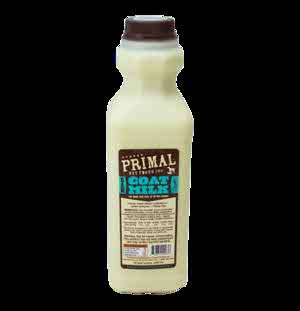
Although goat’s milk can be purchased in a dry formulation or liquid, I believe having the least processed food is always the best! The manufacturing process can denature enzymes, bacteria, and other essential vitamins and minerals. If traveling with your dog or if storage is an issue, getting a dry goat’s milk formulation may be the only way to add supplementation, which can be just as effective as using the liquid formulation.
Goat’s milk is usually kept in the freezer section at your local pet store. Keep it frozen until you are ready to use. It typically takes about 24 hours to defrost, and due to milk settling, make sure to shake well prior to use. Thawed goat’s milk typically lasts 10 days or 1 year if frozen.
It is always better to ease your dog into a new diet so start slow. Rather than adding a few teaspoonfuls of goat’s milk to your pet’s food, start with one teaspoonful. After a few days, if your dog is free of flatulence and/or loose stools, increase the serving size every few days until you reach the desired suggested serving.
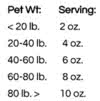
There are many manufacturers of raw goat’s milk. One brand that I like is Primal, which can be found online or at your local pet store. Their suggested serving sizes are the following:
NOTE: 1 ounce equals 6 (U.S.) teaspoonfuls
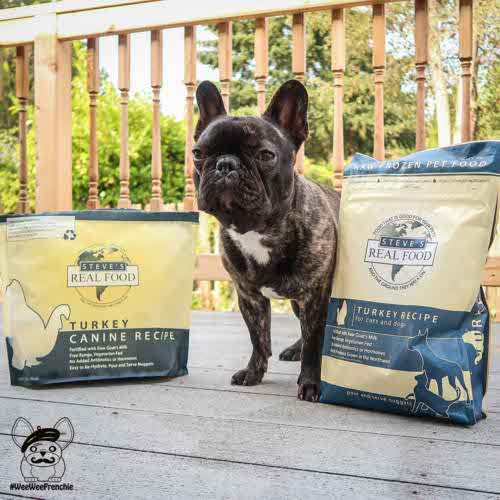
If finding raw goat’s milk is a challenge, there are more companies starting to add goat’s milk to their dog food formulations. One company that I like is Steve’s Real Food, which has a selection of freeze-dried and raw food, as well as supplements fortified with goat’s milk to help ease digestion for your cat or dog. We found Steve’s Real Food at our local pet store but the dehydrated products can be shipped via Amazon. For more about Steve’s Real Food, visit: https://www.stevesrealfood.com.
Goat’s milk can be a saving grace for your dog by not only easing digestion and food allergy issues but can also boost the immune system. Goat’s milk is full of vitamins, minerals, digestive enzymes, and fatty acids, which makes it one of the most complete natural food sources. If your dog suffers from digestive issues, arthritis, joint pain, yeast infections, or skin issues, adding goat’s milk to your pet’s food could be just what the vet ordered. With goat’s milk being highly affordable, it is worth a try if your dog has been suffering with digestive issues. Even if your dog is free of health issues, goat’s milk can be used as a supplement to keep your dog in optimal health.

